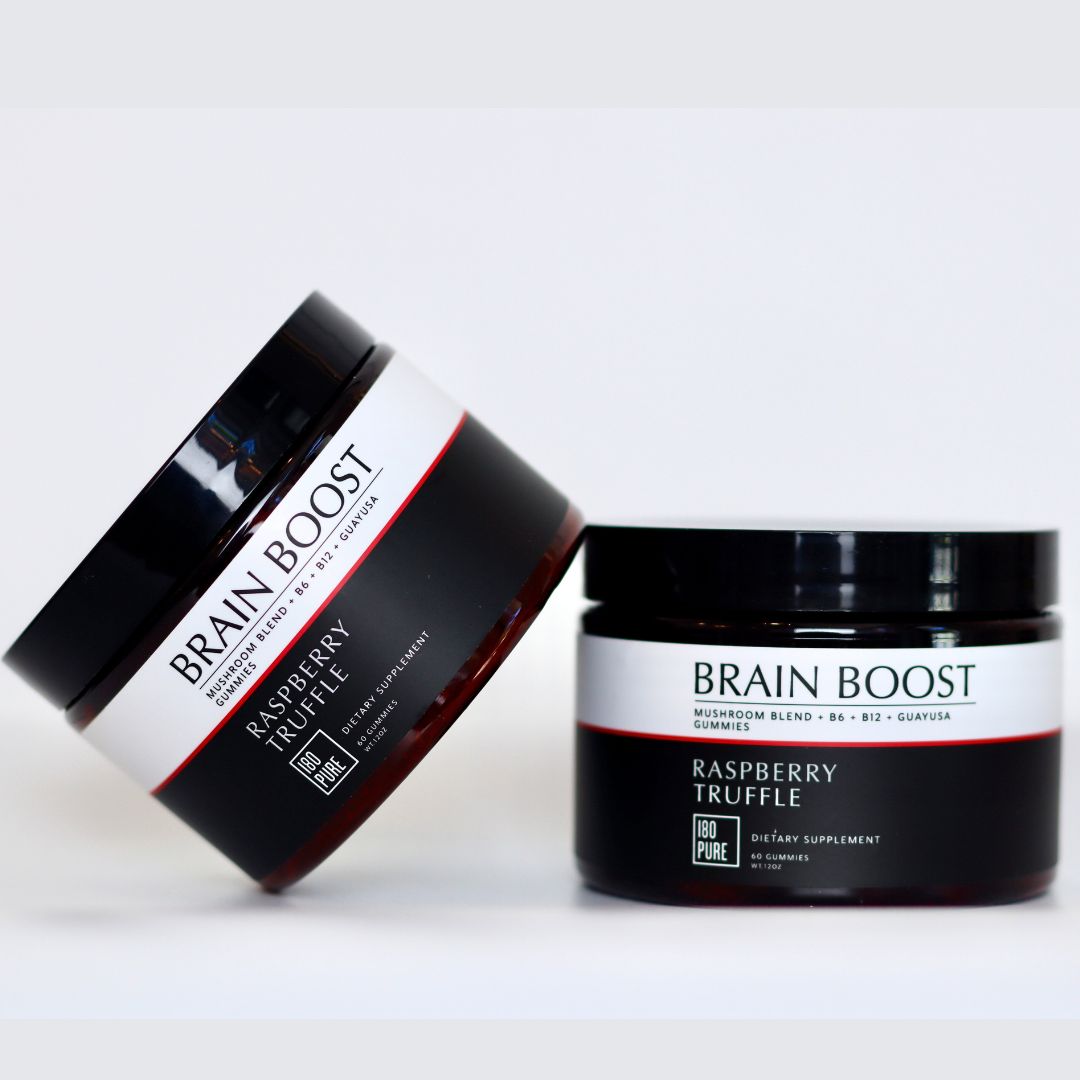
My Friend Anxiety
Lately, I've noticed my anxiety has resurfaced in a way that feels new. It quietly crept back, something I haven’t felt this intensely since a few years ago. And now, it’s unmistakably present.
Ever wonder what’s happening in our bodies when we experience anxiety? Our bodies naturally respond to stress by releasing hormones that accelerate our heart rate, breathing, and prime our muscles to react. When stress becomes a constant, these elevated levels can begin to wear on our overall health, disrupting the body’s delicate balance—known as homeostasis. Over time, this can lead to a range of effects on our well-being, including headaches, insomnia, mood swings, and, of course, anxiety.
Personally, I know when my anxiety is at its peak. Mornings become overwhelming, my mind races until I offload everything onto paper. A lingering tightness in my stomach leaves me queasy, or worse, sleepless nights follow as my thoughts spiral uncontrollably. These are my cues—my personal indicators.
What does anxiety feel like for you? We each experience it differently. While there are common threads, anxiety manifests uniquely for every individual. Describing and naming it can be incredibly empowering. How does it show up in your life? What are the signs that alert you? By becoming mindful of these patterns, we can start to unpack them.
Naming and describing anxiety is powerful for a couple of reasons. First, it fosters self-awareness. If we can’t identify what we’re feeling, it becomes difficult to manage. Once we give it a name, we create an opportunity for deeper understanding and, in turn, healing. When we know what we’re addressing, we’re better positioned to recognize improvement. Simple in theory, but challenging in practice.
Second, naming it opens the door to seeking support. A friend of mine, who deals with anxiety, once shared that her telltale sign is a restless leg, constantly bouncing. She doesn’t always notice it herself, but by naming it, she can ask those around her for help in spotting the behavior. This process of identifying and sharing these signs is transformative.
Can CBD play a role in this? The body naturally seeks balance, and the endocannabinoid system plays a central role in maintaining that equilibrium. Through interactions with receptors in the brain associated with mood, stress, and emotional regulation, CBD may offer a way to support this process.
Here are some products that have become part of my routine:
1. CALM Gummies (my legit go-to)
2. 1500mg Extra Strength Softgels
3. 3000mf Strawberry Lemonade Tincture
While these products work well individually, I find that combining them can also create a more well-rounded experience.
Though we each experience stress in our own way, one thing remains constant: it's a daily part of life. Whether from work, home life, social media, or the world at large, stressors are ever-present. By identifying how anxiety manifests within us, asking for support, and utilizing tools like CBD to help restore balance, we can regain a sense of control and ease.

